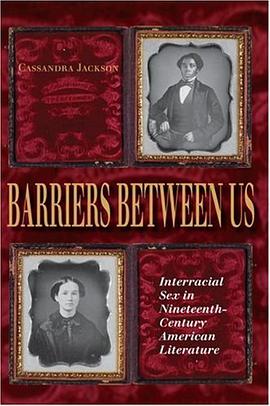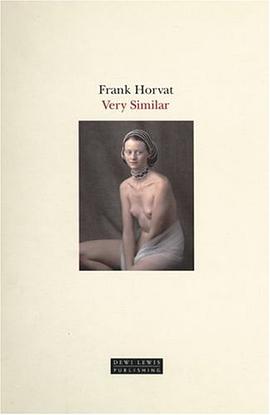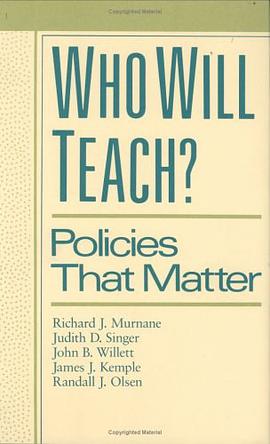

具体描述
How can a fictional text adequately or meaningfully represent the events of the Holocaust? Drawing on philosopher Stanley Cavell's ideas about "acknowledgment" as a respectful attentiveness to the world, Emily Miller Budick develops a penetrating philosophical analysis of major works by internationally prominent Israeli writer Aharon Appelfeld. Through sensitive discussions of the novels "Badenheim 1939", "The Iron Tracks", "The Age of Wonders", and "Tzili", and the autobiographical work "The Story of My Life", Budick reveals the compelling art with which Appelfeld renders the sights, sensations, and experiences of European Jewish life preceding, during, and after the Second World War. She argues that it is through acknowledging the incompleteness of our knowledge and understanding of the catastrophe that Appelfeld's fiction produces not only its stunning aesthetic power but its affirmation and faith in both the human and the divine. This beautifully written book provides a moving introduction to the work of an important and powerful writer and an enlightening meditation on how fictional texts deepen our understanding of historical events.
作者简介
目录信息
读后感
评分
评分
评分
评分
用户评价
相关图书
本站所有内容均为互联网搜索引擎提供的公开搜索信息,本站不存储任何数据与内容,任何内容与数据均与本站无关,如有需要请联系相关搜索引擎包括但不限于百度,google,bing,sogou 等
© 2026 book.wenda123.org All Rights Reserved. 图书目录大全 版权所有




















